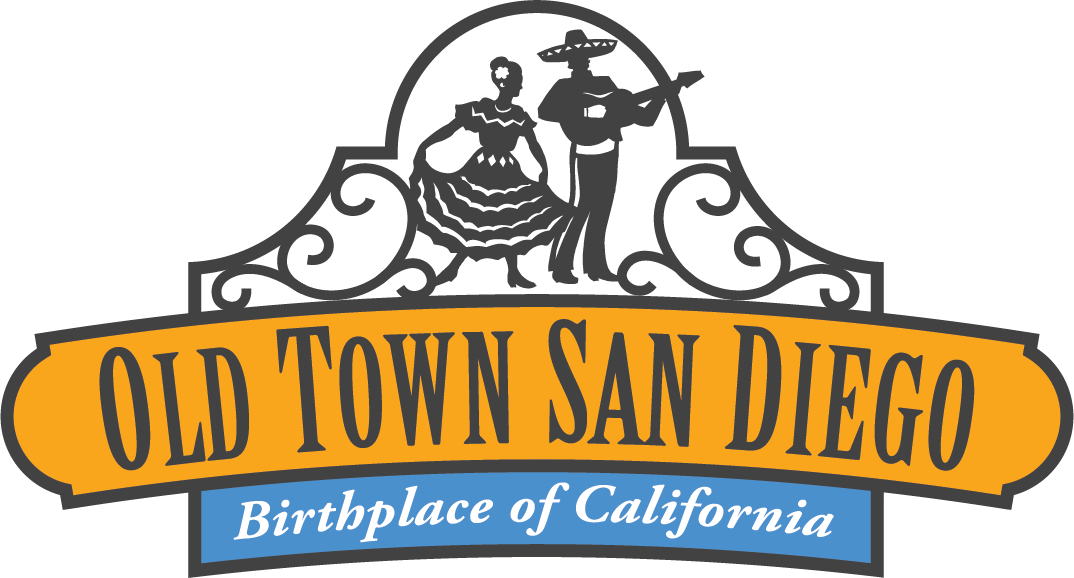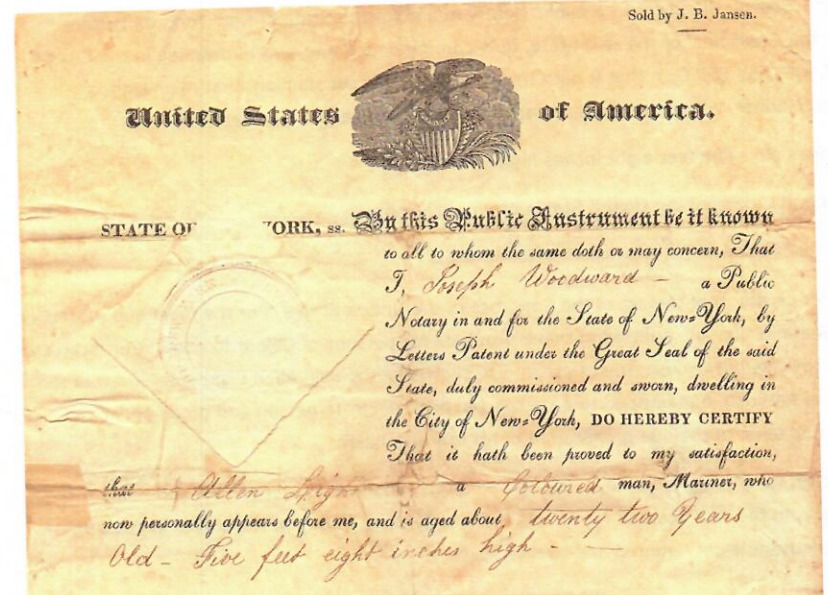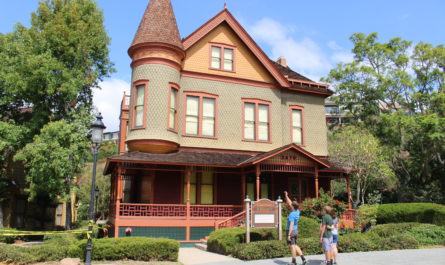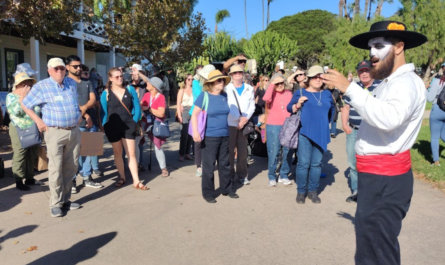Originally published on February 23, 2021 for the California State Parks Foundation and written by Shakaylah Leonard.
Old Town San Diego State Historic Park is a park known for its rich history of California’s first Spanish settlement, but it is also rich with Black history as well. It is at this historic park where the story of Allen Light, a free Black man with Mexican citizenship, was rediscovered.
Born in Philadelphia, Pennsylvania, Allen Light came to Santa Barbara, California in 1835 as mariner and became an otter hunter at a time when otter pelts were highly valued. Light temporarily stopped otter hunting in 1836 and obtained his Mexican citizenship in 1839. Soon after, he was appointed game warden by the Governor to help prevent illegal hunting. It was not until 1942 when Light officially stopped otter hunting and settled in San Diego.
Light lived in a building next to La Casa De Machado y Silvas adobe, located on what is today Old Town San Diego State Historic Park, with another free Black man by the name of Richard Freeman. Light and Freeman were the first Black business owners, operating a saloon and dry goods store. Freeman was also appointed the first deputy sheriff of San Diego. When Richard Freeman died in 1951, Allen Light’s existence seemed to have vanished. Though there was census conducted that year, Light being a Black man, was not recorded.
In 1948, Allen Light makes his reappearance, but not in person. His name appeared on a hidden paper. A heater was being installed in the Casa de Machado y Silvas adobe, when Light’s papers were found buried in the walls. The papers were known as sailor protection papers, similar to “free papers” which most states required Black people to carry at the time. In the documents, Allen was described as a 22-year-old colored man.
Allen Light’s legacy was hidden for about 100 years, but it was never meant to be forgotten. Through the discovery of his sailor protection papers, his legacy was found. Light’s sailor protection papers can be viewed at the San Diego Historical Society’s Research Archives.





